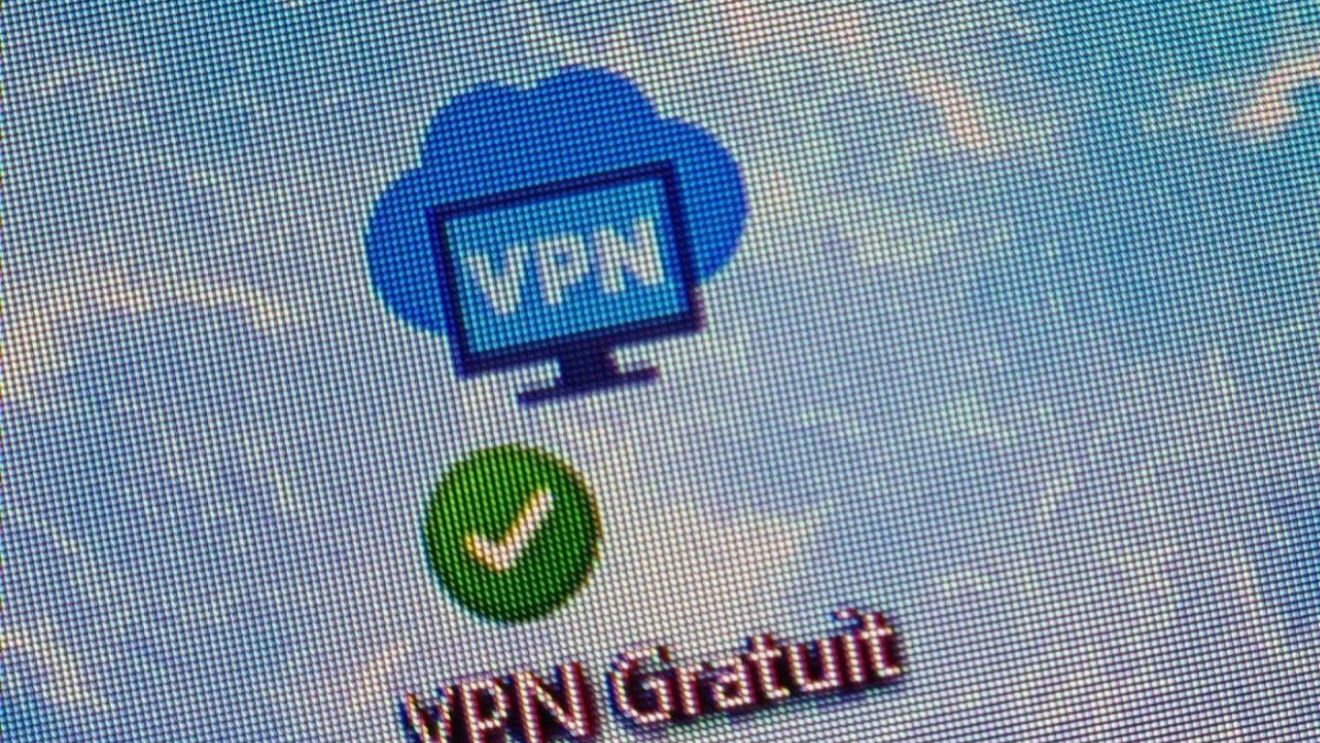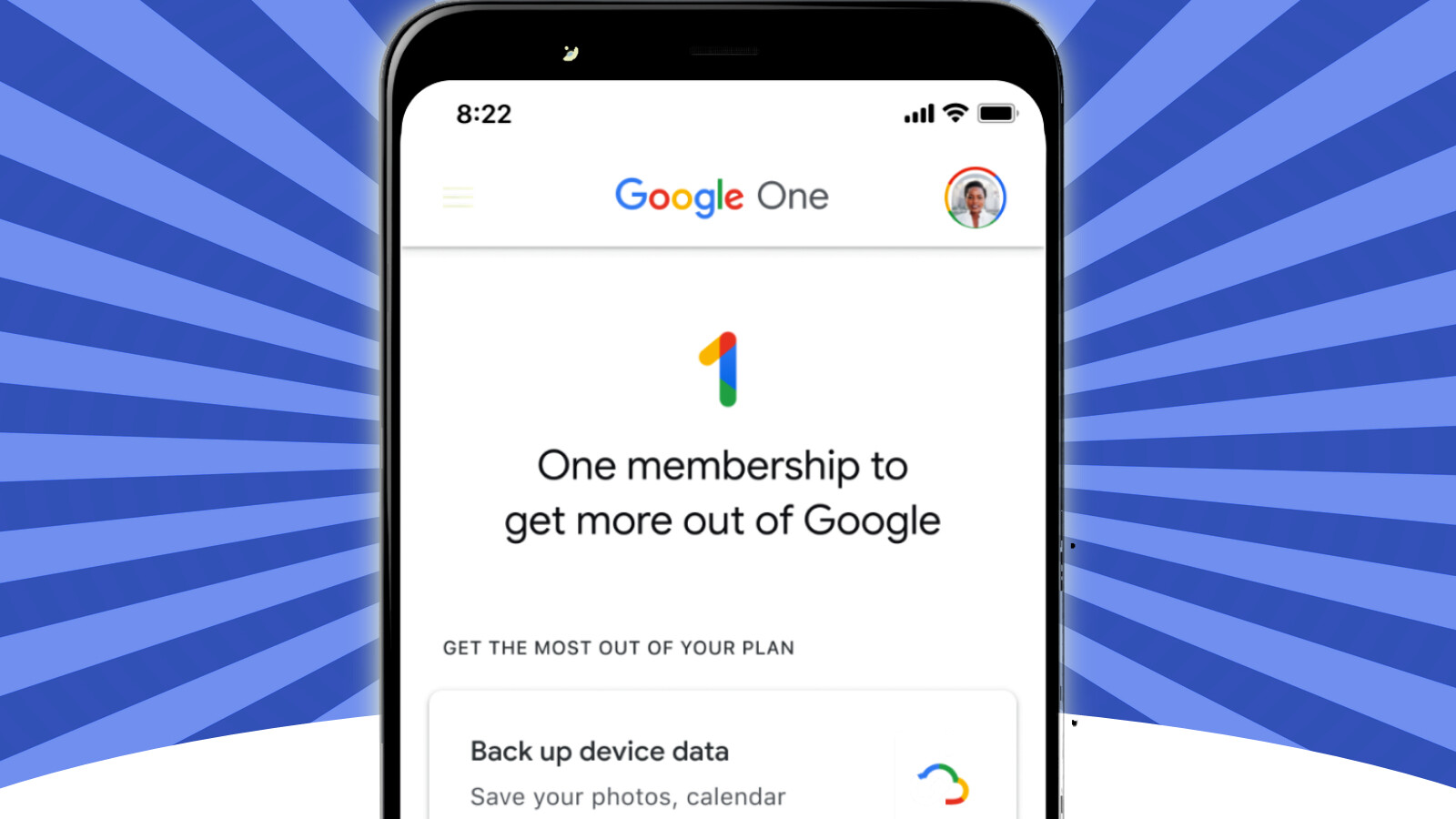Over the past decade, VPNs (Virtual Private Networks) have grown tremendously in popularity, but also in usefulness. This is a market worth more than $30 million.
There are two types of VPNs: paid VPNs like NordVPN and CyberGhost, which require no introduction, and free VPNs, which number in the thousands, with an ad-based business model. These seem to be riddled with disadvantages. Here are the top reasons why you should avoid using a free VPN.
A limited connection speed

The most important thing to remember is that a free VPN generally puts a severe limit on the bandwidth allocated to a user. You should also know that free VPN services reduce the number of servers provided. The servers that users connect to are mostly limited or poorly customized. Additionally, some VPNs do not display connection speed information, so users end up with a much lower speed than their subscription.
advertising constantly
The lack of a monthly subscription certainly means an ad-based business model, and it’s safe to say that free VPNs don’t go all the way. Very often, the app’s interface is loaded with intrusive advertisements. These are targeted ads, thanks to the resale of data, these ads that negatively impact the user experience of the application.
Very insecure VPNs
These free services can be very risky as they may not provide sufficient security to protect your personal information. Note that as a VPN customer, you either pay with your wallet for a premium service or with your data for a free service.
This is because many free VPNs collect and sell user data to third parties, including browsing information and IP addresses, thereby compromising user privacy. Some VPNs can even contain malware that infects the user’s device, such as B. 20Speed VPN, which contained spyware called EyeSpy in Iran.
In summary, most free VPNs have bandwidth limitations and slower connection speeds than paid services, which can impact the online browsing experience. It is also important to choose a quality paid VPN service to ensure your security and the privacy of your data.








